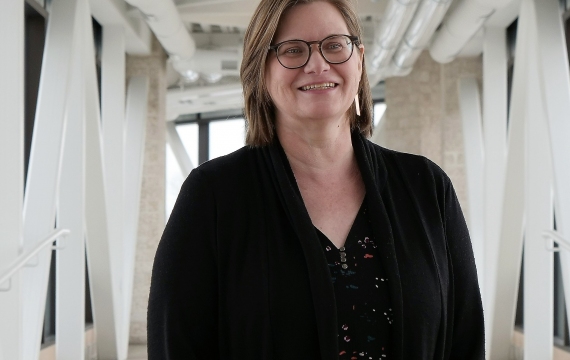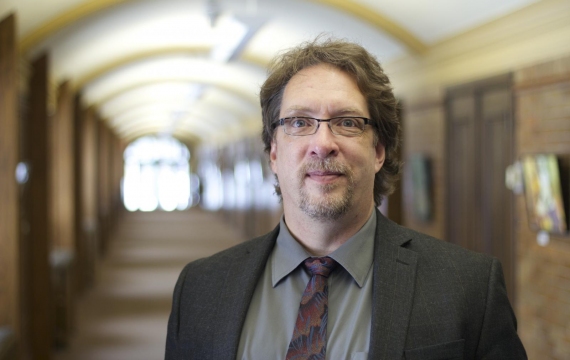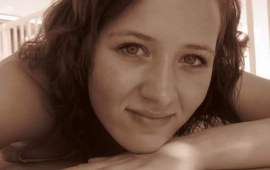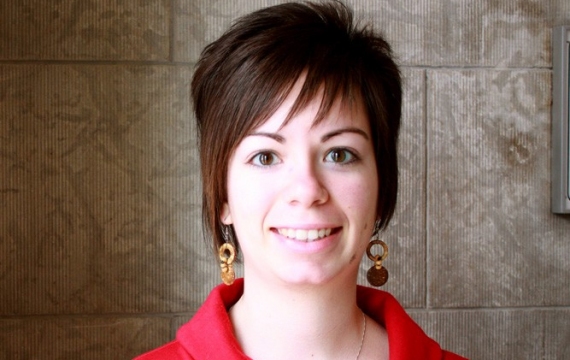Psychology BA

Programs & Courses
Programs
Major in Psychology within the Bachelor of Arts 
Students of Psychology are invited to explore many facets of human experience, from development, learning, and memory to social interactions, and the physiological underpinnings of these phenomena. These degrees prepare students well for any area of employment or vocation with valuable skills in communication, writing, analytical, critical thinking, and organizing. A three- or a four-year B.A. in Psychology also serves as a sound basis for launching into professional studies such as clinical or school psychology, research, ministry, social work, law, and so on.
Major in Psychology within the 4-year Bachelor of Arts 
The four-year major has been designed for students planning long-term work with people or further study and research in the field of psychology. Students may build upon its requirements with courses that either focus on theoretical knowledge or on practical knowledge and skills. Furthermore, the four-year major in Psychology can provide the basis from which to apply for admission to M.A. programs. The four-year degree is becoming the standard undergraduate expectation across North America.
Minor in Psychology within the Bachelor of Arts 
The minor requires 18 credit hours and can fit alongside a major in any field, whether in the three-year or the four-year Bachelor of Arts. The student is given the opportunity to gain a broad understanding of Psychology through the required introductory courses, and then may explore a variety of topics, according to their interest. Through a minor in Psychology, a student can gain valuable secondary competencies, applicable in almost any vocation, but especially relevant beside a major in Communications, Business, International Development Studies, or Peace & Conflict Transformation Studies.
Courses
Here is a sample of some of CMU's courses in this subject:
PSYC-1010 Introduction to Psychology I: Foundations Survey of the psychological study of behaviour, and of the essential psychological and physiological foundations of human growth, thinking, and behaviour. Topics include research processes, neuropsychology, genetic and environmental influences, sensation and perception, consciousness, learning, and development.
PSYC-1020 Introduction to Psychology II: Individuals and Interactions Survey (or “examination”) of the psychological processes that shape individual human behaviour and thinking, and that influence interaction. Topics include memory, thinking and intelligence, motivation and emotion, personality, stress, disorders and their treatment, and social processes.
PSYC-2810 Psychology of Gender This course provides an overview of the psychological study of gender and will provide a critical examination of assumptions about women and men, including the influences of gender stereotypes on psychological theory and research. Areas of interest include similarities and differences in cognition and emotion, societal understandings of femininity and masculinity, the nature and development of gender roles, gendered political and economic forces, and women’s and men’s movements.
PSYC-3220 Adult Development: Aging and Society A comprehensive study of aging in individual and societal contexts. We will look critically at the physical, cognitive, social, and psychological aspects of aging in society today as well as theories related to aging. We will touch on many topics related to aging and, where possible, we will listen to perspectives of older adults and persons who hold special knowledge about older adults.
PSYC-3600 Trauma and Resilience In this course, we explore varieties of psychological trauma, along with the history and current theories in the field (e.g., cognitive, neurobiological, clinical, and socio-cultural perspectives). Topics may include: the nature of trauma (via sexual abuse, combat, and natural disasters), how trauma affects individuals and systems, grief reactions, and traumatic stress. We may also consider responses to trauma, resilience, vicarious traumatization, disenfranchised grief, crisis intervention, comorbid disorders, and general treatments.
For a list of current courses and descriptions, please see the Undergraduate Courses & Timetable.
For a complete list of courses and descriptions, please see Section I of the Undergraduate Academic Calendar.









 Print This Page
Print This Page